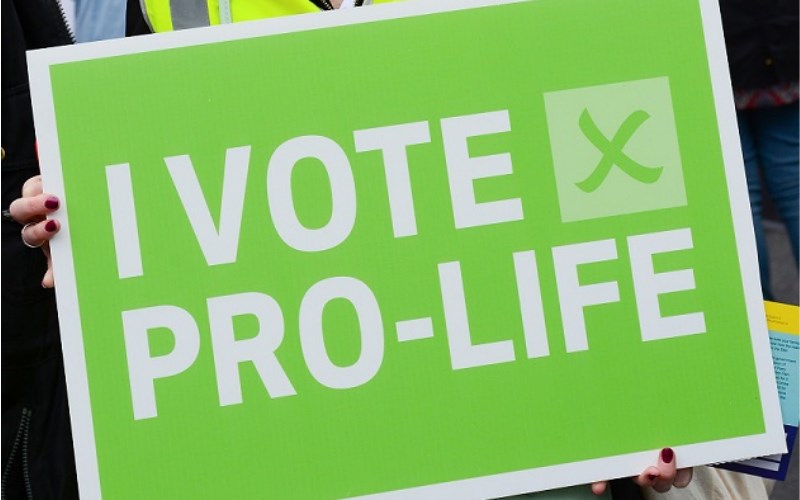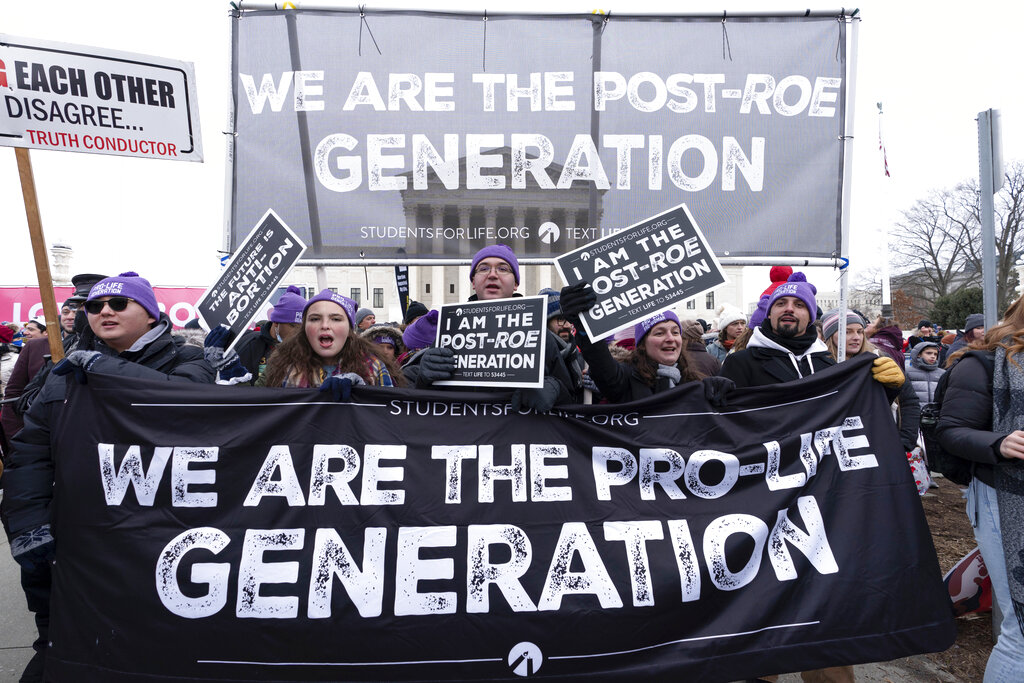The southwestern state is open for abortion, allowing child termination for any reason or excuse up to birth. But several cities and counties have adopted ordinances that effectively bar the practice and abortion clinics from their jurisdictions, so now, Attorney General Raúl Torrez is asking the state Supreme Court to nullify those ordinances as unconstitutional.
Specifically, he claims in his writ that the ordinances exceed local government authority to regulate healthcare access and violate the New Mexico Constitution's guarantees of equal protection and due process. Torrez's filing targets Roosevelt and Lea counties and the cities of Hobbs and Clovis — all located in conservative areas of the state along the Texas border.
Ethel Maharg of the Right to Life Committee of New Mexico (RTLCNM) says Torrez seems to have missed the message from the U.S. Supreme Court.

"They have ruled that abortion is not a constitutional right for a woman," Maharg recalls. "They're now saying that we do not have a right to a say in our own communities basically. They're censoring — that's what they're doing."
Maharg says the state's leaders are not listening to their constituents, who are actually pro-life.
"They can't violate our rights, either, and that's exactly what they're trying to do," the pro-lifer contends. "We have a right to protest any law or policy that we do not agree with, that we feel strongly against. We're going to do that."
RTLCNM has already lined up an attorney who will represent them for free if the state tries to undo the local pro-life laws.
Pro-lifers marching onChris Woodward, AFN.net Following last week's March for Life, organization President Jeanne Mancini says her office is now focused on state initiatives as well as getting involved in work on Capitol Hill "pretty much every day of the year." In fact, Mancini will be there meeting with elected officials about pro-life policies this afternoon. With speaking engagements set throughout the country and internationally and a constant media presence, she says March for Life's ongoing job is worth doing because it is saving lives. "Abortion is the single most significant human rights abuse of today … and really, we're all called to do our part to fight that," Mancini submits. "Regardless of where you stand or your religious background or what have you, you have a role to play in … bringing the human rights abuse of abortion to an end and to be on the right side of history on this issue." State marches are so far scheduled in 10 different states throughout the year. Virginia is among them, with an event planned for the first of February. "We're growing this initiative to be … in all 50 states over the course of the next five to seven years," says Mancini. |
On the other side of the country and at the other end of the spectrum, Virginia has been working on pro-life measures, including one from Governor Glenn Youngkin (R) that would forbid abortions on babies up to 15 weeks into the pregnancy. The Senate Education and Health subcommittee, however, has rejected them.
Olivia Turner of the Virginia Society for Human Life (VSHL) says the Senate's position ignores the findings of a recent survey.

"There is overwhelming — 70% — support for reasonable laws like this that will protect babies who can feel pain, that restrict the use of tax dollars to fund abortions, that in fact do reject some of the more radical and extremist positions put forward by pro-abortion members of state governments and federal governments to keep abortion legal under any circumstances through all nine months of pregnancy," Turner relays.
More than 60% of Virginians support abortion restrictions, and though they are represented by the pro-life Republicans who have a slim majority in the House, it takes passage in both houses to send a bill to the top elected official.
"The Senate is strongly controlled by a pro-abortion majority," Turner explains. "So that pro-abortion majority in the Virginia Senate will make it impossible … to get any substantive pro-life legislation through to the governor's desk."
She says the truth is the situation will remain that way until voters send pro-life politicians to the state capitol, and she urges pro-life state residents to consider running for office.







